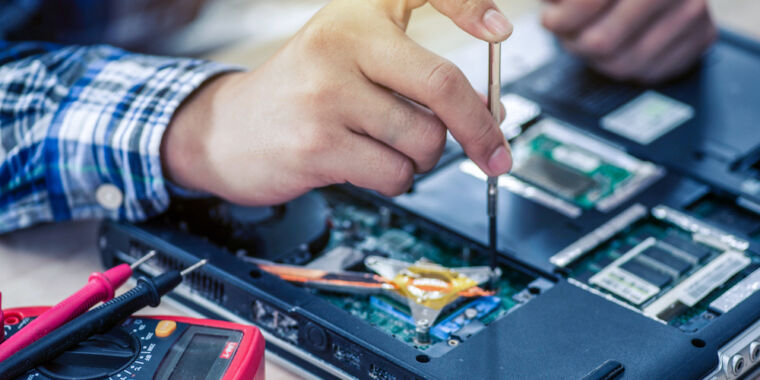Technicians from overnight repair shops access personal data and sometimes also copy data from their clients’ devices, researchers in Canada find. Devices belonging to females were more likely to be snooped on, and snooping tended to seek more sensitive data, including both sexually revealing and non-sexual pictures, documents, and financial information.



That’s why you remove the ssd/hdd yourself, or ask the tech to remove it for you beforehand. Even if it is totally encrypted. Also, learn repairing your devices, not worth it letting some random dude repair it anyway.
Sir your hard drive was missing but we replaced it and charged you accordingly.
That or you go back on the return date only to find out they refused to repair it because it won’t boot without a drive so “there was nothing we could do”
(because they totally can’t just insert one of their own boot drives they have on hand, with diagnostic tools and a known good OS installation, you know, like the ones any real IT repair business should be using anyway).
Sounds like a good way to filter out the worst.
Only issue is there’s no real accredation system for computer repair outside of major IT firms aimed at maintaining entire fleets of computers for an enterprise level that you definitely can’t afford. Like, if there were more authorised repair shop programs by major brands or a central nonprofit org or union overseeing this, it wouldn’t be as much of a problem.
That’s also impossible for most tablets and phones, which are probably holding more sensitive information on them than laptops these days…
Unless your SSD is soldered cough Apple cough